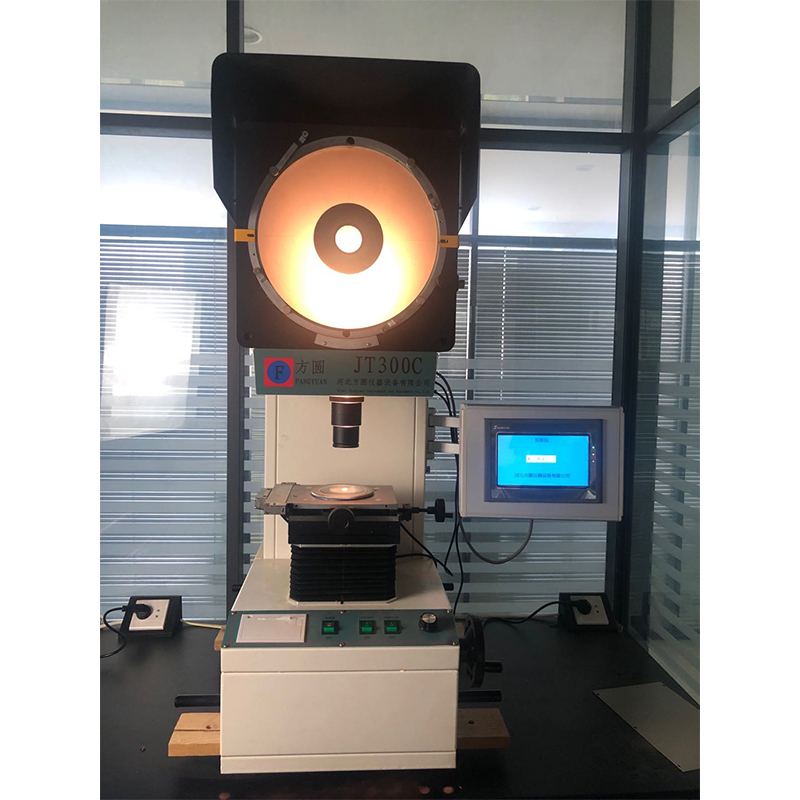Electromechanical Universal Tensile Testing Equipment Manufacturer and Supplier Solutions
The Importance of Electromechanical Universal Tensile Testers in Material Testing
In the field of material science and engineering, the backbone of product development and quality assurance lies in understanding how materials behave under various conditions. One of the most critical tools employed in this process is the electromechanical universal tensile tester. This state-of-the-art equipment is vital in determining the mechanical properties of materials, ensuring that they meet industry standards for safety and performance.
What is an Electromechanical Universal Tensile Tester?
Electromechanical universal tensile testers are sophisticated machines designed to apply tension or compression to materials and measure their response. This machine operates using an electric motor and a precise load cell, allowing for highly accurate measurements of tensile strength, elongation, and yield strength. The versatility of these testers makes them suitable for a wide range of materials, including metals, polymers, composites, and textiles.
These testers can perform a variety of mechanical tests, such as tensile tests, compression tests, flexural tests, and more. By applying a controlled amount of force to a specimen, engineers can acquire valuable data that reflects how a material will perform in real-world applications.
Key Features and Benefits
1. Precision and Accuracy One of the standout features of electromechanical universal tensile testers is their ability to provide precise and repeatable measurements. The use of advanced control systems and high-resolution load cells ensures that the testing results are reliable.
2. User-Friendly Interfaces Modern tensile testers come equipped with intuitive software that allows users to easily set up tests, control parameters, and analyze data. This user-centric design minimizes training time and reduces the likelihood of operator error.
3. Versatility These testers can be customized to accommodate various specimen sizes and shapes, making them ideal for laboratories that work with multiple materials. This flexibility allows for a broad spectrum of tests to be conducted in a single unit.
4. Compliance with Standards Electromechanical universal tensile testers are designed to comply with various international testing standards such as ASTM, ISO, and EN. This compliance is crucial for organizations that need to maintain regulatory standards in their material testing processes.
electromechanical universal tensile tester company

5. Data Management and Analysis The integration of advanced software systems enables comprehensive data management. Engineers can easily generate reports, view graphical representations of test results, and perform statistical analyses to support their findings.
Applications in Various Industries
Electromechanical universal tensile testers are widely used across diverse industries, from aerospace and automotive to biomedical and construction. Understanding material properties is pivotal in these fields, as it affects everything from product design to safety evaluations.
- Aerospace In the aerospace industry, components must withstand extreme conditions. Tensile testers help engineers ensure that materials used in aircraft and spacecraft can handle the stresses of flight.
- Automotive The automotive industry utilizes tensile testing to evaluate materials for crashworthiness and overall vehicle durability. Ensuring that materials meet safety standards is of utmost importance to manufacturers.
- Biomedical In the biomedical field, electromechanical testers evaluate materials used in medical devices and implants. Biocompatibility and mechanical performance are crucial in ensuring patient safety and product efficacy.
- Construction In the construction sector, tensile testers are used to evaluate the strength of materials like concrete and steel, ensuring that buildings and infrastructure can withstand environmental stresses.
Conclusion
The electromechanical universal tensile tester is an indispensable tool in material testing, providing engineers and researchers with the insights needed to innovate and ensure product performance. As technology continues to evolve, these testers are becoming even more sophisticated, integrating features that enhance precision, efficiency, and ease of use. In a world where material properties can determine the success or failure of a product, investing in high-quality tensile testing equipment is essential for any organization committed to excellence in engineering and manufacturing. By utilizing these testers, industries can ensure that their materials are not only fit for purpose but also contribute to safer, more reliable products that enhance the quality of life for consumers around the globe.
-
Why the Conductor Resistance Constant Temperature Measurement Machine Redefines Precision
NewsJun.20,2025
-
Reliable Testing Starts Here: Why the High Insulation Resistance Measuring Instrument Is a Must-Have
NewsJun.20,2025
-
Flexible Cable Flexing Test Equipment: The Precision Standard for Cable Durability and Performance Testing
NewsJun.20,2025
-
Digital Measurement Projector: Precision Visualization for Modern Manufacturing
NewsJun.20,2025
-
Computer Control Electronic Tensile Tester: Precision and Power for the Modern Metal Industry
NewsJun.20,2025
-
Cable Spark Tester: Your Ultimate Insulation Assurance for Wire and Cable Testing
NewsJun.20,2025
 Copyright © 2025 Hebei Fangyuan Instrument & Equipment Co.,Ltd. All Rights Reserved. Sitemap | Privacy Policy
Copyright © 2025 Hebei Fangyuan Instrument & Equipment Co.,Ltd. All Rights Reserved. Sitemap | Privacy Policy
